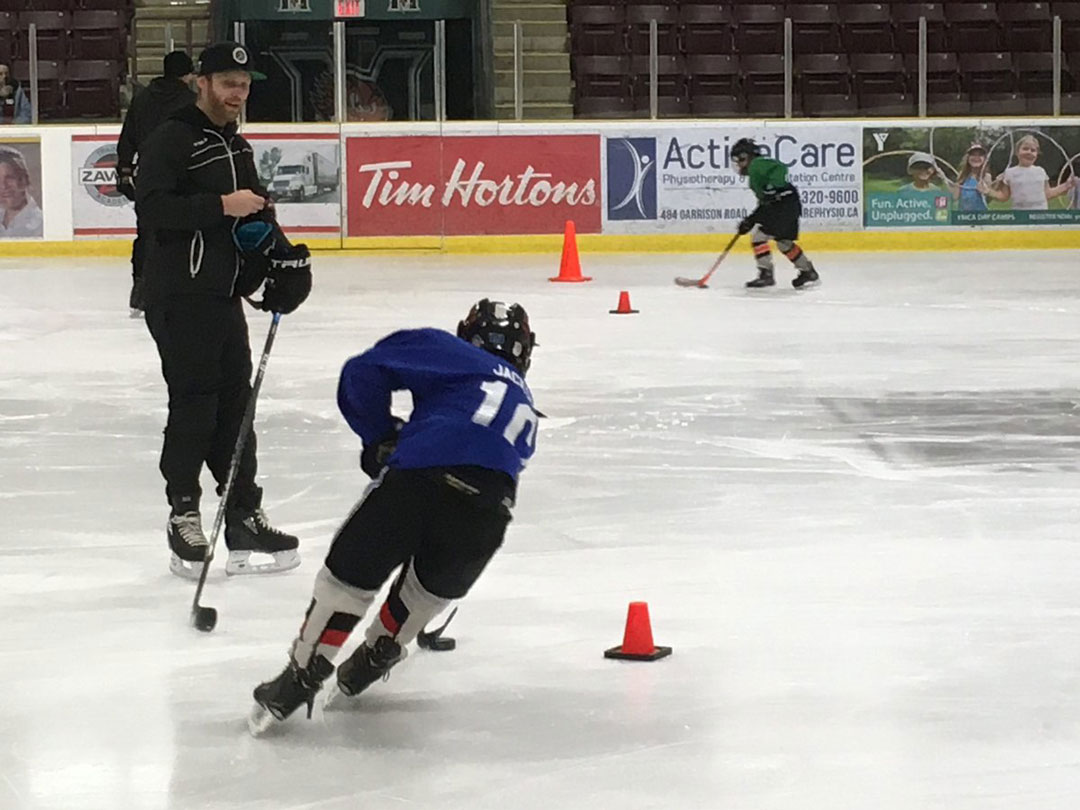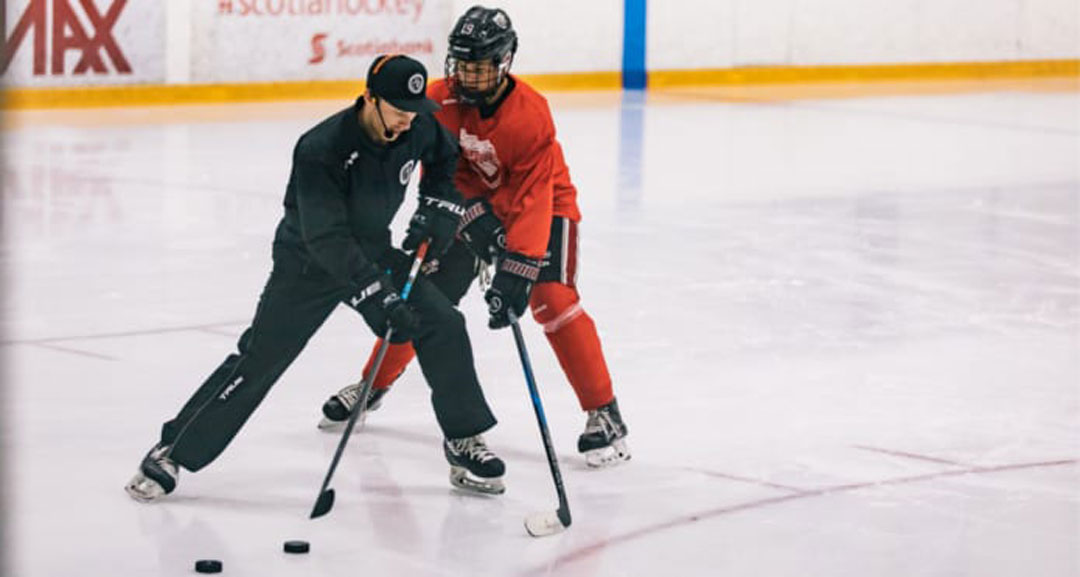Failure sucks. We’ve all felt it, and we all want to avoid it. Yet we also know that failure makes us better. We know that failure is not only necessary, but it is also inevitable to master one’s craft. So, the question isn’t “How do we stop failing?” but rather “How do we fail better?”
Firstly, we have to distinguish between productive failure, vs. unproductive failure. Productive failure is when we fail but we know where we went wrong. This gives us a reference point to go after to refine the skill. However unproductive failure is when we fail, and we didn’t get anything from it. For example, if you just aimlessly “go through the motions” when practicing, it’s unlikely we will be able to get much feedback from any mistakes.
The first step to failing well is to be focused.
Instead of saying “I failed 5 times” you want to be able to say “I found 5 ways that didn’t work.” That’s the learning process. That’s how failure can benefit us, because it fuels the skill-building process. You will undoubtedly fail. If you want to be masterful at something, you will have to fail more than others. Even though it feels terrible in the moment, failure done well is simply an opportunity to learn. Those who fail and correct more are building a deeper and deeper understanding of the skill they are trying to practice.
The first step to failing well is to be focused. Groundbreaking information, I know, but to put it more accurately, we want to be error focused. We need our minds to be able to be 100% focused on the given task. If it’s thinking ahead to the next step before we’ve completed it and we’re worrying about what other people think of us while we’re doing it, we are robbing ourselves of development at that moment. This is easily overlooked because we can’t measure mental focus with numbers, and it’s not something you can easily see. Only you know how focused you are, and only you can have the discipline required to hold that focus. It’s so important because if we are going to do an hour of training, but we are only focused for 20 minutes of it, we don’t get the full hour out of it. That’s where the 10,000-hour rule can be misleading. The quality of the practice is a huge deal, and the best way to improve your progress is to improve your focus. The goal of training is always consistency. Consistency is the birthplace of confidence, and to build consistency we must make sure we are getting feedback from every repetition we do. We always want to be able to fail at something and know why we failed. We also want to be able to succeed at something and know why we succeeded. Your level of focus will always determine the amount of feedback you get from everything you do, and that feedback will allow you to build consistency and learn a skill faster while having those lessons stick with you.
Secondly, we want to be purposeful. As we develop, we learn the importance of refining skills so that we can use them well. To be purposeful is to be able to assess where we are in our development in that skill, and be able to pinpoint a specific part of the skill we need to work on and go after it. Tennis is a great example because we see them doing the same set of skills repeatedly. But looking closer at the skills from a professional’s standpoint they are looking at the timing of their split step, their unit turn, the swing path of the racquet, hitting the ball on the rise, the contact point of the ball, relaxing the hand etc. Within every skill, there is so much to work on the build that consistency and they are always refining it. Being purposeful means that we have a targeted goal for our training, which will make every failure that much more productive. Finding weaknesses in our game and making them stronger, while also acknowledging strengths in our game and continuously working on them as well. Without a plan of attack, it’s very difficult for failure to assist our development. We have to be very specific with what it is we are trying to improve, and the order in which we learn the skills. In the world of hockey, stickhandling is great to watch and there are so many amazing moves. But without a strong foundation of skating and edge work, stickhandling will not be very useful. To think of it in simple terms, watch the game and the skills you see that are used a very high percentage of the time. Directional changes, skating with the head up, skating in stride with good control, protecting the puck – these are all skills that would take priority to learn and would dominate more of your training than other skills like toe drags and other elimination moves.
Simply put, if you aren’t failing in training, you aren’t improving at a fast rate.
Next, we need effort. This doesn’t mean you always have to be skating as hard as you can or training at game speed 100% of the time. Sometimes effort means slowing things down, but simply giving it your best. It’s easy to half-ass drills and tell ourselves “Well I did the drill so I got better”, but in reality the effort & focus you put into the drill is going to determine how much you got out of it. It’s very easy to stay in the comfort zone because this is where we succeed the most. We can say “I made no errors” and satisfy our ego with the false narrative that we are inching closer to our goal of becoming perfect, but we all know that perfection is never a goal worth chasing. Simply put, if you aren’t failing in training, you aren’t improving at a fast rate.
Wherever you are in your development, to be better you have to train at the edge of your abilities. It’s always outside of your comfort zone where the growth begins. If you want to stay where you’re at, you can do what you already know how to do and train at that intensity. But you will stay there. If you want to improve, then you have to let the ego go a bit, stop worrying about what you look like or what others will think of you, and train at a level that will guarantee failure. That being said, it’s also important to not train too far outside of the comfort zone remembering we always want failure to teach us something. If we are going far too fast for us to even comprehend what we are doing, we are not learning. This is why Daniel Coyle in his book “The Talent Code” refers to it as training “at the edge of your abilities.” Just beyond what you can currently do, but when you fail, you are able to grasp why you failed, learn from it, and go after it again.
There’s nothing more enjoyable than learning a new skill, and being able to replicate it with consistency. Redefine what failure is, and make sure whenever you put in the work to improve, you are focused, training with purpose, and putting in your best effort. You’ll have bad days. Days where you feel like you’ve gotten worse overnight. That’s all part of the process. Keep failing, keep learning, and remember to always try to be kind to yourself. Failure feels terrible, and we are never aiming to fail. But make sure you are training at an intensity that will guarantee failure so that you can learn faster.


